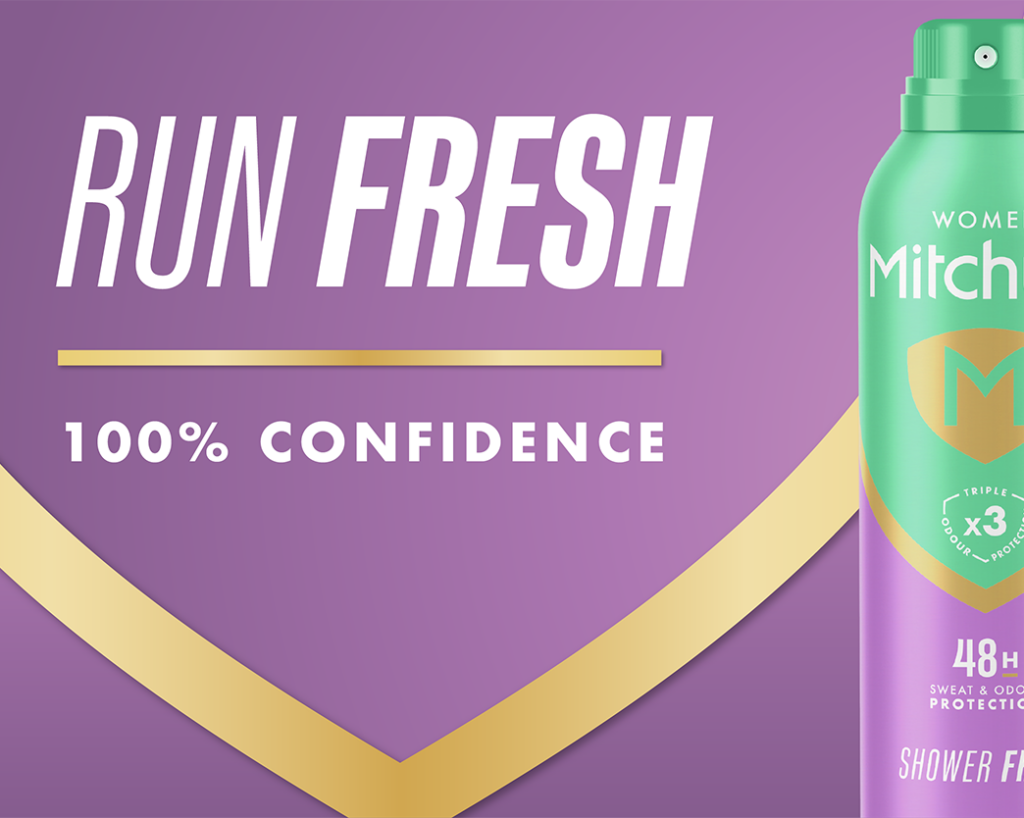One of the most common questions new runners ask is ‘How often should I run?’ This is one of the most important questions to consider before you start any training plan.
The important thing to take into consideration is remembering everyone is different and other factors such as your personal goals, running experience and injury history all need to be considered.
It’s also important to take into account external boundaries such as long working hours and busy social lives, which can come in the way of training.
Research suggests running just twice per week is sufficient to see improvements in health and fitness. Running just 10 miles a week reduces the risk of heart disease by an impressive 42 per cent, according to a study published in the British Medical Journal. Running also helps improve your mood by boosting your confidence and helping to improve your energy levels as well as improving life expectancy.
It is possible to run seven days a week, but as a new runner this is probably not wise and puts you at a higher risk of picking up an injury. Instead it’s always sensible to vary your exercise routine and mix your running with various forms of cross training.
This will help to improve fitness and strengthen your body making you a stronger and more robust runner. Over time you can gradually decrease the amount of cross training you take part in and slowly increase the number of miles you run.
Don’t forget not to overlook rest days though, which are important to giving your body time to rebuild and recover from the training you’ve done so far. This process is called adaptation to training and will help you improve as a runner.
As a guide, running three times per week on alternative days is a great starting point. This gives your body chance to recover in between runs while still helping to improve fitness and endurance.
If you want to supplement your running training with cross training, plan to have at least one rest day per week to prevent overuse injuries and the build up of fatigue.
If you’re just starting out, don’t forget to head over to check out our articles and tips for beginners here.
























